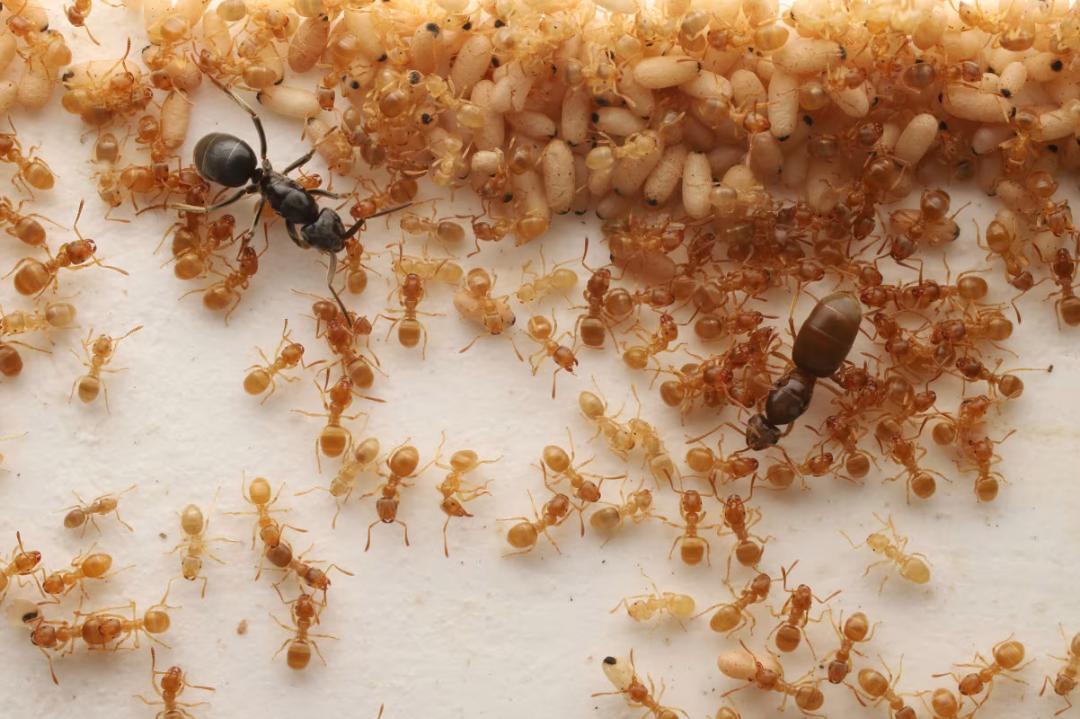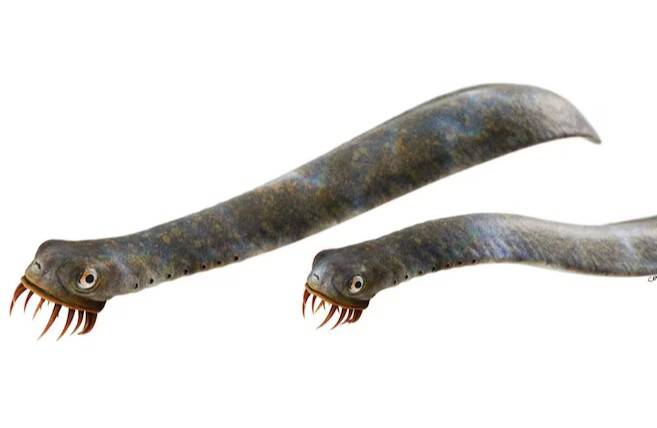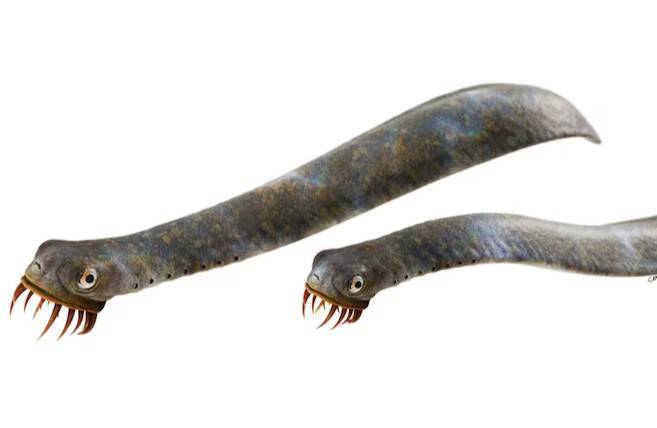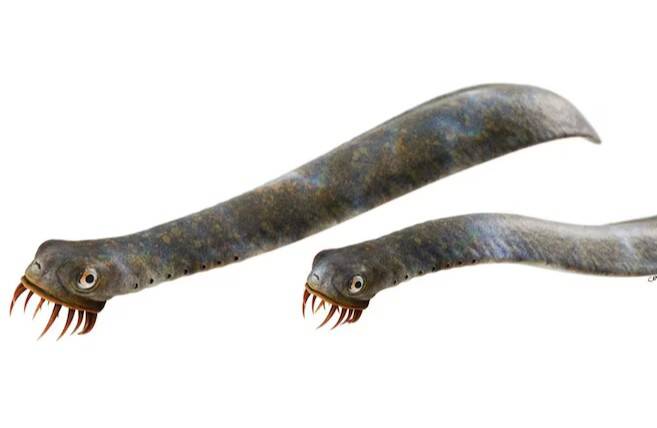
Scientists uncover assassination scheme for power in ants
In a shocking discovery, scientists have uncovered an assassination plot for power in ant species that is as ruthless as it is cunning. A new study has revealed that a parasitic ant queen can manipulate ant workers into killing their own queen mother, allowing the invader to take over the colony. This complex and sinister scheme is a testament to the intricate social dynamics of ants and the lengths to which some individuals will go to achieve power.
The study, which was conducted by a team of researchers, found that the parasitic ant queen is able to infiltrate the nest of another ant colony by pretending to be a member of that colony. Once inside, the invader uses a specialized fluid to manipulate the worker ants, causing them to turn against their own queen. The fluid, which is sprayed directly on the queen, contains a chemical signal that alters the behavior of the worker ants, leading them to attack and kill their mother.
This process is a remarkable example of evolutionary adaptation, where the parasitic ant queen has developed a strategy to exploit the social hierarchy of the host colony. By manipulating the worker ants, the invader is able to eliminate the existing queen and take her place, effectively hijacking the colony for her own reproductive gain.
The researchers observed that the parasitic ant queen is able to mimic the chemical signals of the host colony, allowing her to blend in and avoid detection. This mimicry is so precise that the worker ants are unable to distinguish the invader from one of their own, at least initially. However, once the invader has sprayed the queen with the manipulative fluid, the worker ants quickly turn against their mother, attacking and killing her.
The study’s findings have significant implications for our understanding of the social dynamics of ants and the evolution of parasitic behavior. The fact that a parasitic ant queen can manipulate the behavior of worker ants to achieve her own goals suggests a level of complexity and sophistication in ant social interactions that was previously unknown.
Furthermore, the study highlights the importance of chemical signals in ant communication and the potential for manipulation and exploitation. The use of chemical signals to alter the behavior of other ants is a common theme in ant biology, but the specific mechanism used by the parasitic ant queen in this study is unique and fascinating.
The researchers also noted that this behavior is not unique to a single species of ant, but rather is a more general phenomenon that may be observed in other ant species as well. This suggests that the evolution of parasitic behavior in ants may be more widespread than previously thought, and that similar strategies may be used by other parasitic insects to manipulate their hosts.
In conclusion, the discovery of the assassination scheme for power in ants is a remarkable finding that sheds new light on the complex social dynamics of these fascinating insects. The fact that a parasitic ant queen can manipulate worker ants into killing their own queen mother is a testament to the cunning and adaptability of these insects, and highlights the importance of continued research into the biology and behavior of ants.
The study’s findings also have broader implications for our understanding of the evolution of social behavior and the mechanisms by which individuals can manipulate others to achieve their own goals. As we continue to learn more about the intricate social dynamics of ants and other insects, we may uncover even more surprising and fascinating examples of evolutionary adaptation and manipulation.
For more information on this study, please visit: https://www.cell.com/current-biology/fulltext/S0960-9822(25)01207-2
Source: https://www.cell.com/current-biology/fulltext/S0960-9822(25)01207-2





